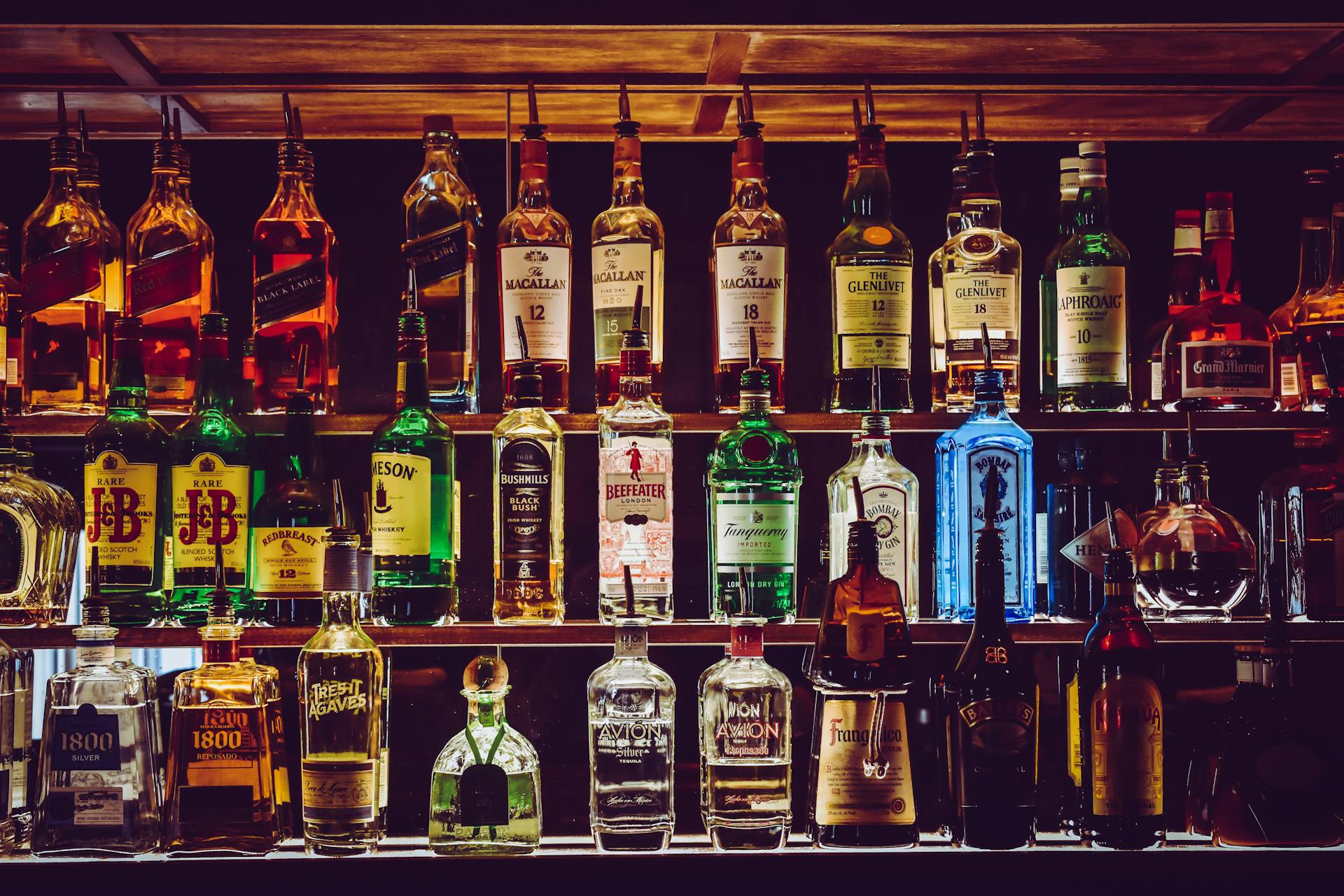Everything You Need to Know About Getting a Liquor License
 Restaurants that sell alcohol report that it adds up to 30% of their total revenue. But getting a license to sell wine, beer, and liquor is a long and complicated process.
Restaurants that sell alcohol report that it adds up to 30% of their total revenue. But getting a license to sell wine, beer, and liquor is a long and complicated process.
Hiring an attorney who understands ABC laws and the various permit types can save you time and money.
Table of Contents
Zoning
There are several different licenses that one can request to be allowed to sell alcohol, and they all come with their own set of rules and regulations. The most critical issue, however, is whether or not the land is zoned for such use. License applicants must submit a document to the ABC that states that there are no zoning ordinances that would conflict with their proposed business. If the zoning does not allow such use, the license will be denied, regardless of how well the application was prepared.
Therefore, you must have an experienced attorney look over the zoning laws in your area before submitting any applications. This will help to avoid any unnecessary frustration and expense later on. In most cases, the state will require you to obtain a food handler’s permit and a health inspection before granting the license. This can also add time to the process.
Licenses
The specific rules and definitions governing alcohol use vary by state, and local laws may also apply. The process of getting a license can be long and complicated.
Aside from the local and state requirements, an applicant must meet several other qualifications to get a license. These include evidence that the proposed location is zoning-compliant and fire-safe, as well as background information on all parties involved in the application. Applicants may also need to secure a sales tax permit and a Federal primary or special Occupational Tax Stamp, depending on their business type.
Once an application is submitted, the ABC will issue a notice in the area to let neighbors know that liquor will be sold on the premises. The local community will have 30 days to voice any objections or concerns. The ABC will then launch a background investigation of anyone listed in the application, as well as the location and business itself.
Taxes
As you move through the licenses and permits application process, remember that fees are associated with obtaining and maintaining a liquor license TABC license. These are typically levied at the state and local level.
The state’s liquor licensing board will have forms and documents that you need to fill out, and they may have specific requirements like proof of citizenship, photos of the premises, a food handler’s permit issued by your state department of health, and a copy of your business plan. You will also need to publish a legal notice of your intent to apply for the license in the area.
Many small businesses hire a lawyer to help them prepare and file their application. This can be helpful because it can ensure that you are following all the requirements of your state and municipality. It can also help you avoid costly mistakes. The average cost of a license is around $3,000. This includes the application fee, the processing fee, and any other fees and taxes that may be levied.
Insurance
If your business deals with importing, manufacturing, distributing, or selling alcohol in New York, you need a liquor license. You also need to acquire a Certificate of Authority. This certificate enables you to collect sales taxes, including those on alcohol. It can be obtained from the NY State Liquor Authority. The application process varies, and a fee is charged.
You should be aware that there will be local zoning and fire compliance requirements in addition to the paperwork you need to file with the state. For example, in New York City, a liquor license applicant must give 30 days’ notice to their Community Board.
Because there are limited numbers of liquor licenses, they are precious. Losing a liquor license for any establishment would be catastrophic. Proprietors do everything to abide by regulations and protect their licenses. This often means working with a legal expert familiar with the liquor licensing process.









